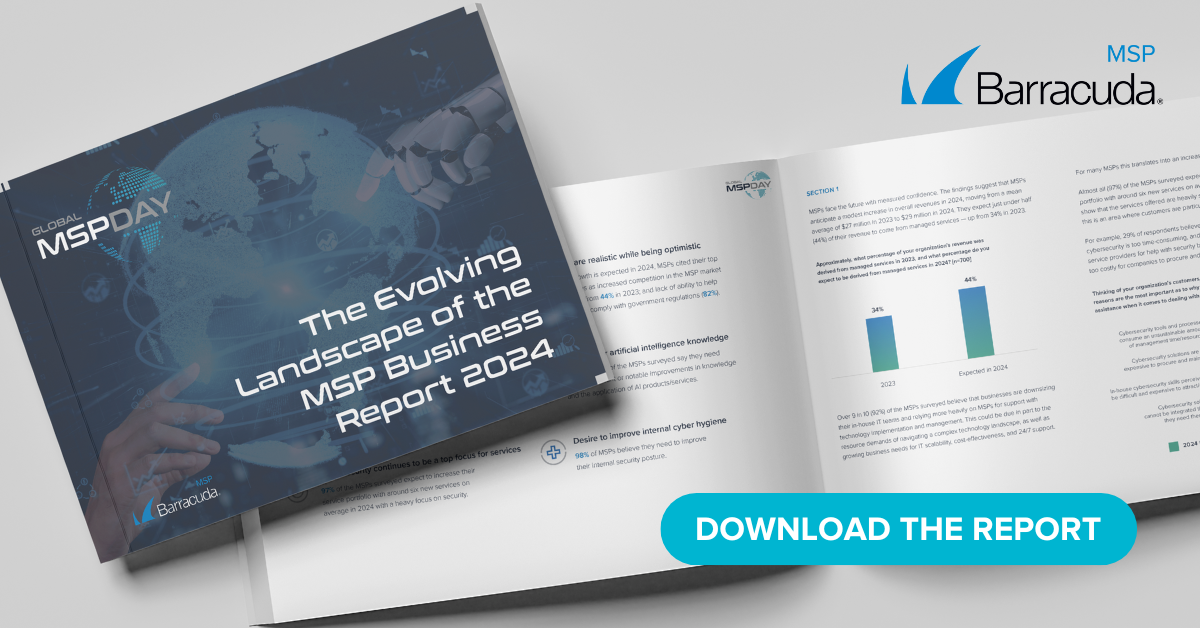 By the time you read this, Hurricane Harvey will be old news (I’m writing this just AS it’s starting to pop up on the news radar). As one client pointed out on the Technology Marketing Toolkit member portal, how many people jumped on this opportunity to sell backup and disaster recovery solutions? The answer: ONE. How the heck could you OVERLOOK THIS, particularly if you were in the zone or near it AND have clients, prospects, and vendors who were undoubtedly affected by it?
By the time you read this, Hurricane Harvey will be old news (I’m writing this just AS it’s starting to pop up on the news radar). As one client pointed out on the Technology Marketing Toolkit member portal, how many people jumped on this opportunity to sell backup and disaster recovery solutions? The answer: ONE. How the heck could you OVERLOOK THIS, particularly if you were in the zone or near it AND have clients, prospects, and vendors who were undoubtedly affected by it?
Just like the WannaCry virus, it’s a perfect opportunity to run promotions for managed services, backup, and advanced cybersecurity solutions, yet SO many MSPs completely failed to capitalize on it. Not only did they miss the chance to convert break-fix clients and prospects to managed services, but also to remind their managed clients how SMART they are for making the choice to enroll in those services. To give them ROI.
Overcoming sales challenges
Side Note: Selling LOSS PREVENTION, or any “prevention” service, which is what managed services, backup, and cybersecurity solutions are, is a lot harder than Spock-like logic says it should be. One challenge is overcoming the stubborn “That won’t happen to me” barrier. Prospects will acknowledge the threat for everyone else, but refuse to accept it personally and then act on it. That’s why hundreds get seriously injured, die, or need to be rescued during a hurricane; they ignore all the warnings to evacuate, thinking, “I’ll be fine.” Next thing you know, they’re sitting on their roof, clutching a trash bag full of whatever’s left of their worldly possessions in one hand and their cat in the other, hoping someone with a rowboat will come along and rescue them.
Second, there’s no ROI. The massive flooding of Harvey WAS predicted by meteorologists — YET, thousands who chose to stay were unprepared and left without drinking water, food, generators, battery backups, flashlights, and other survival supplies. These same folks, however, have the best cable TV available, swimming pools, new cars, the latest cell phone, etc., but no generator. Why? They get emotional ROI on a swimming pool. They get a sense of superiority when they get a new car. A new cell phone is, for many people, extreme emotional ROI, of which they get NONE when they buy a generator that sits in the garage with the POTENTIAL to be useful someday. This, combined with the “it won’t happen to me” attitude is what makes selling prevention so difficult.
Missed opportunities
Another recent opportunity that was NOT well capitalized on: the solar eclipse. Here in Nashville, EVERY hotel room was sold-out, and the news was talking 24/7 about it, running a two-hour live broadcast on the day of the eclipse to cover it. A group of photographers and scientists from Japan rented one of the baseball fields in Nashville seven years in advance to view it. For DAYS, the Science Center had lines that extended out the door and around the block for people wanting to buy solar eclipse glasses. Schools closed. People were renting out spots on their lawns and driveways to view it. Even Technolgy Marketing Toolkit’s own Allison was able to Airbnb her place for over $600 for the night!
Yet very few businesses actually capitalized on it, even the ones that are obvious candidates, such as optometrists. NOT ONE in the ENTIRE city ran a promotion before or after to get people into their practice. Not one! MONTHS ago they could have stocked up on glasses and given a free pair with every visit … or advertised on TV about eye safety. Sent out a special deal for “post-eclipse eye exams” to make sure your eyes weren’t damaged. Anything.
Groups MSPs need to target
In IT, we all know it’s only a matter of time before the next “cyber-event” hits, so it’s important that you are ready to jump on that news ASAP or you’ll miss the MSP marketing opportunity. There are essentially five groups you need to market to:
- Your current managed clients who are at low risk. As SOON as there is an outbreak of a major cyber-event, reassure them. Give them ROI by telling them what a good job they’ve done.
- Your current clients who are a high risk. This would include break-fix clients or any who you are not managing, who are on an outdated or inadequate backup solution, or who are not using the most up-to-date cybersecurity solutions. Use the next cyber-event to sell them managed services or an upgraded solution.
- Unconverted leads and FARM lists. This group includes anyone in the PAST who failed to buy from you, as well as any qualified marketing lists you have.
- Your Strategic JV Partners. Offer to deliver a webinar, special report, or “Disaster Preparedness Checklist” to their clients, members, or subscribers.
- Your Local News Outlets. Every news outlet has a news desk that you can submit stories to listed on their website. Just make sure you provide useful “what to do” information that the general public can use to protect themselves, as well as what to do IF they fall victim to the attack. DO NOT make it about you or promoting your services, or you’ll end up getting passed on to the advertising department.
Photo: Suzanne Tucker/Shutterstock

Re:
“1. Your current managed clients who are at low risk. As SOON as there is an outbreak of a major cyber-event, reassure them. Give them ROI by telling them what a good job they’ve done.”
Great advice, Robin! A little “gee, weren’t you really smart to get our DBR service, etc.” to existing clients … a great way to “stroke” good clients and keep the “love” going!
“#2. Your current clients who are a high risk. This would include break-fix clients or any who you are not managing, who are on an outdated or inadequate backup solution, or who are not using the most up-to-date cybersecurity solutions. Use the next cyber-event to sell them managed services or an upgraded solution.”
I love the idea of keeping newsworthy stories or publicity releases “at hand” to put out when such events happen. Whoever said “Opportunity is when preparation meets luck.” had it right. Was it YOU who said that?
Best wishes,
Steve Reade.
Dir. Sales & Marketing
Outsource My I.T., LLC